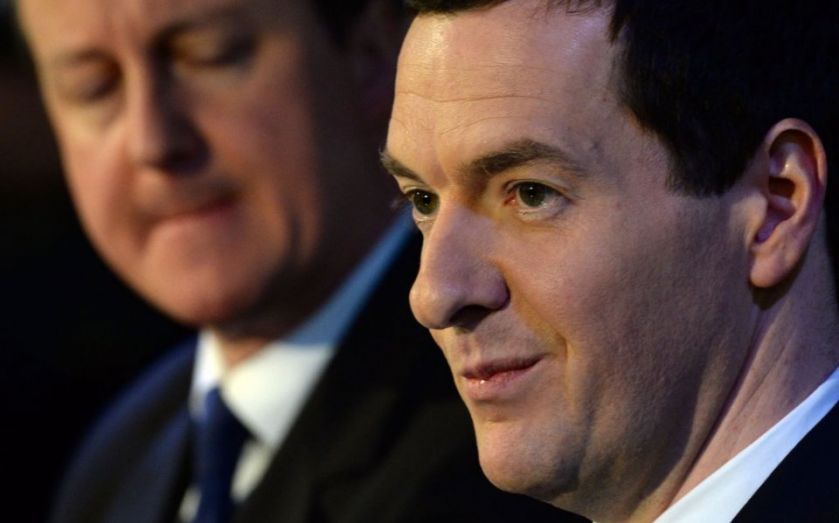UK public sector finances show biggest surplus in seven years

The Office for National Statistics (ONS) has reported an £8.8bn surplus in government finances, the largest figure in seven years.
The surplus has almost doubled since January last year, when it stood at £4.7bn. It was pushed up by higher tax receipts, which grew 3.1 per cent, higher than the three per cent expected. According to the ONS, self-assesed income tax recipts rose to £12.3bn in January, a £1.7bn or 15.6 per cent increase compared with the same time in 2014.
In the run-up to the election, this is the sort of news the government needed. Having been on course to overshoot its £91.3bn target, government borrowing is now pretty much on the mark, with borrowing in the financial year to date standing at £74bn, down £6bn on this time last year.
The figure was also helped by the reduction of a bill from the European Commission. The government had originally been asked to contribute £2.9bn to its budget, but that was cut to £1.7bn in January, which pushed down overall government borrowing.
Chancellor George Osborne voiced his relief.
In a week of economic milestones, today we learn that January saw the largest monthly surplus in the public finances since the crisis, putting us on track to meet our borrowing forecasts and halve the deficit as a share of GDP this year.